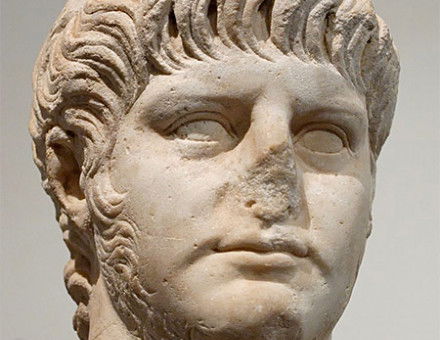Herodotus
The early life of the “Father of History” was dominated by the clash between East and West—Persia and Greece. Russell Meiggs finds that his story of the Great War is part tragic drama, part folk-tale and part travel-book, but is informed throughout by the desire to verify and by rational curiosity.




